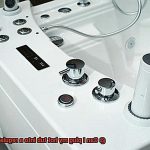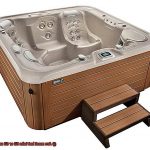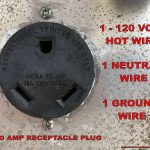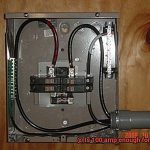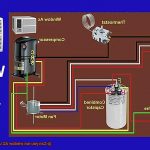Imagine coming home after a grueling day at work. You’re tired, stressed, and in desperate need of some relaxation. A hot tub could be just the ticket to soothe your aching muscles and calm your frazzled nerves. But before you take the plunge and invest in a hot tub, there’s one crucial question you need to ask – is 100 amp service enough for a hot tub?
If you’re considering adding a hot tub to your home, it’s vital to understand that it requires a significant amount of electricity to operate. The size of your hot tub, the type of heater, and any additional features can all impact how much power it needs. However, as long as you don’t have other high-energy appliances in your home, 100 amp service should be sufficient for most hot tubs.
But we don’t expect you to take our word for it. In this blog post, we’ll dive into the nitty-gritty details of whether or not 100 amps are enough for a hot tub. We’ll explore everything from basic electrical requirements to common codes and regulations that govern hot tub installation. So sit back, relax (just like you will in your new hot tub.), and let’s get started on demystifying the world of hot tub electricals.
Contents
What is a Hot Tub and its Electrical Requirements?
After a long day, there’s nothing quite like soaking in a hot tub to unwind and relax. But did you know that these luxurious tubs require a significant amount of energy to operate? The electrical requirements for a hot tub can be complex, so it’s important to have a good understanding of them before installing one in your home.
Hot tubs are essentially large, heated tubs filled with hot water and equipped with jets that provide a relaxing massage. When it comes to the electrical requirements of a hot tub, they consume a significant amount of energy. In fact, many hot tubs require a dedicated electrical circuit and can draw as much as 50-60 amps of current.
The size and features of the hot tub you choose will determine its specific electrical requirements. Generally speaking, most hot tubs require a 240-volt circuit with a minimum of 50-amp service. However, larger units may require up to 100 amps or more. It’s crucial to ensure that your home’s electrical system can support the unit’s electrical needs before purchasing and installing a hot tub.
Consulting with a qualified electrician can help you determine the specific requirements for your particular hot tub. They can take into account the size of your hot tub, the number of jets and features, and any additional electrical appliances that will be used in conjunction with it. For example, if you plan to install outdoor lighting or a sound system near the hot tub, this will increase the overall electrical demand.
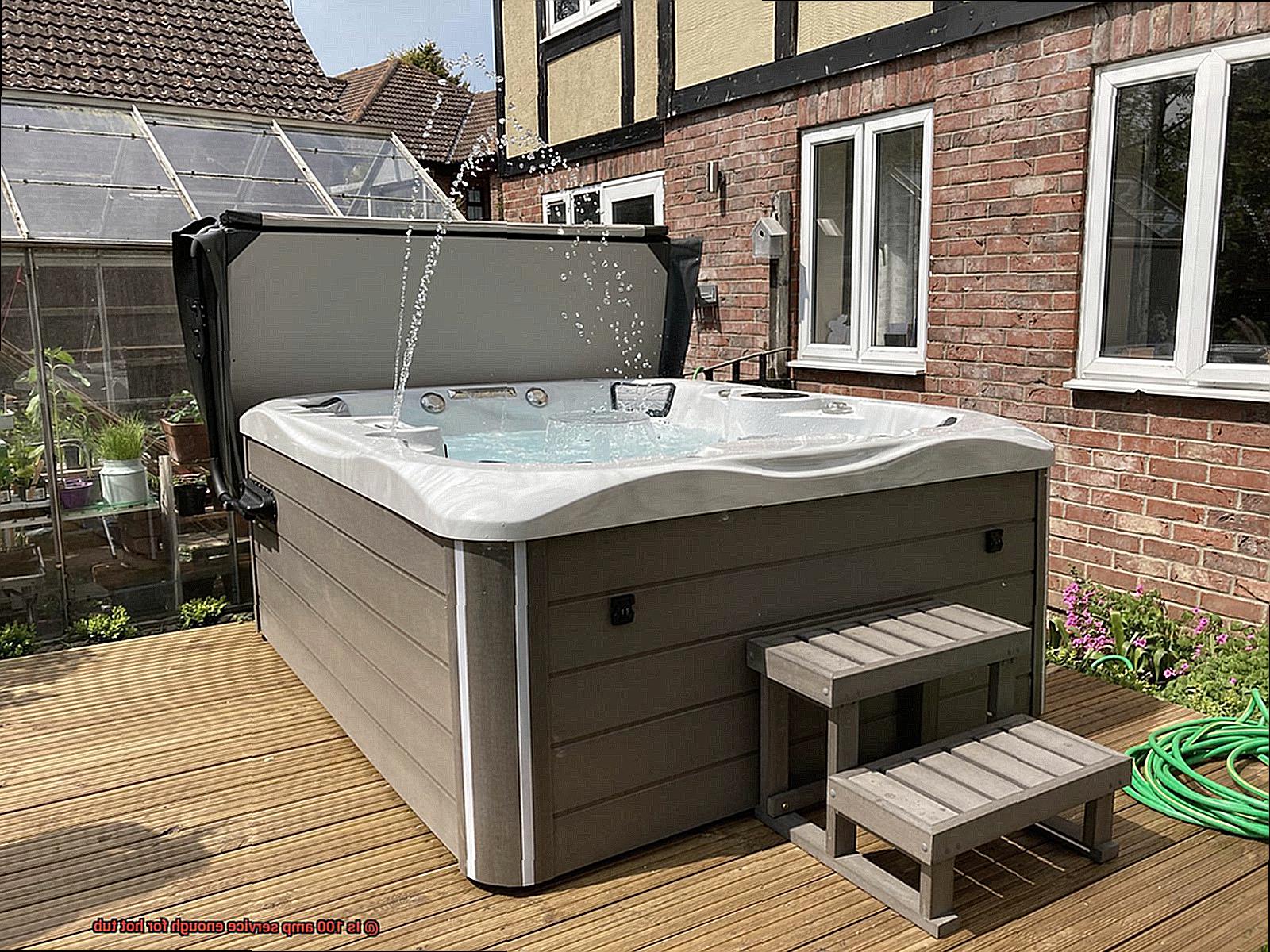
In addition to the electrical requirements of a hot tub, it’s also important to consider its overall energy efficiency. Many modern models come equipped with energy-saving features such as improved insulation and more efficient heating systems. By choosing an energy-efficient model, not only will you reduce your overall energy consumption, but you’ll also save money on your utility bills.
Is a 100 Amp Service Enough for Most Hot Tubs?
Before you start planning your relaxing dips, it’s essential to understand the electrical requirements that come with this indulgence. One of the most common questions homeowners ask is whether a 100 amp service is enough to power most hot tubs.
The short answer is, it depends. The size of your hot tub will play a big part in determining its electrical needs, as well as additional features such as lighting and sound systems. While most hot tubs require a minimum of a 50 amp service, larger models may need 60 or 70 amps.
So, while a 100 amp service may be adequate for some hot tubs, it’s crucial to consult with a licensed electrician to determine your specific needs. They will assess your hot tub’s electrical requirements based on its size and features and recommend the appropriate electrical service.
Moreover, it’s vital to ensure that your home’s electrical system can handle the load of the hot tub. Adding a high-powered appliance like a hot tub can put significant strain on the electrical system, leading to potential safety risks. Therefore, upgrading your home’s electrical system might be necessary to accommodate your hot tub’s needs.
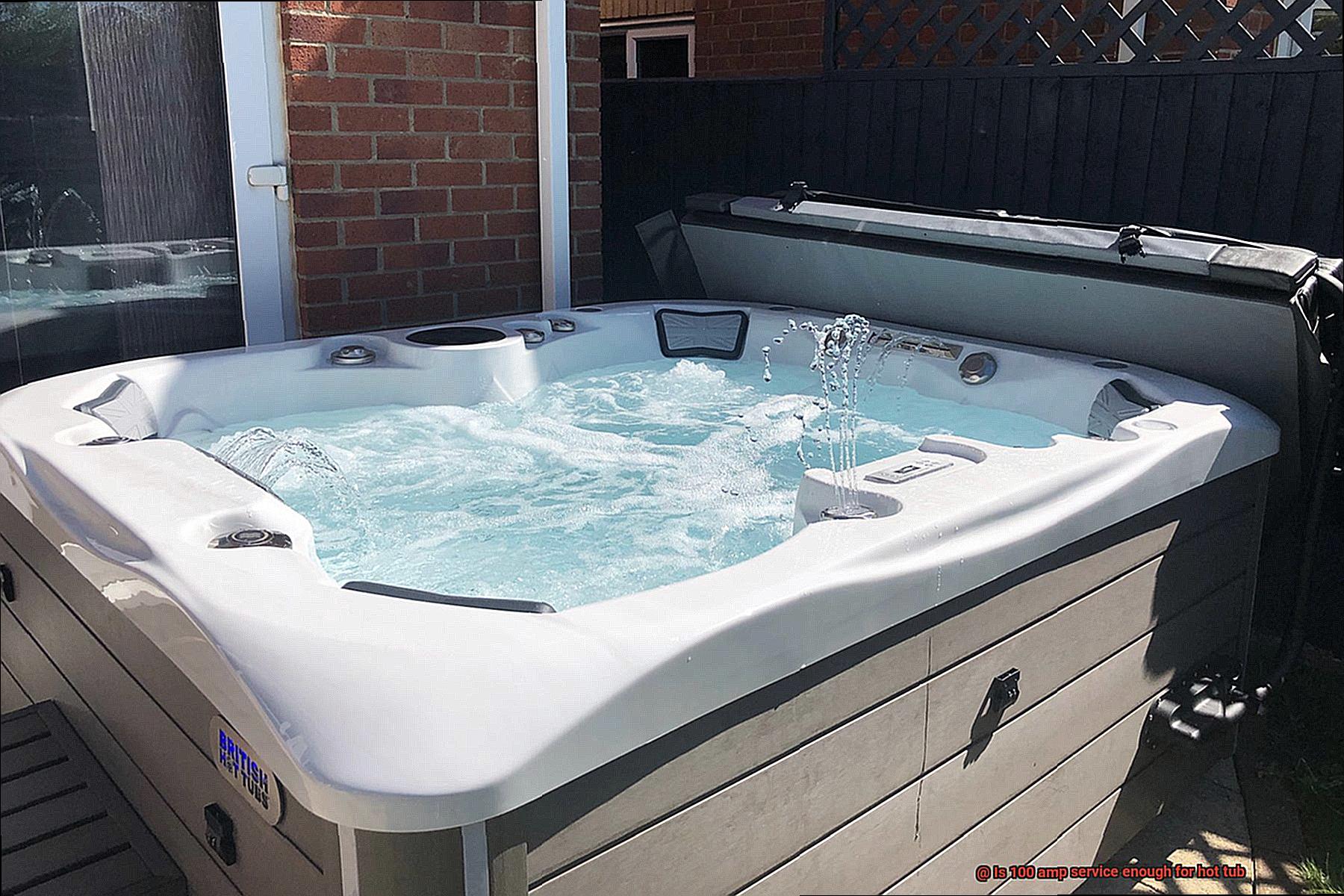
Factors to Consider When Installing a Hot Tub
Before you start planning your ultimate relaxation spot, it’s important to consider the electrical requirements of your hot tub. One question that often arises is whether 100 amp service is enough for a hot tub. Let’s take a closer look at the factors you need to consider to ensure a safe, efficient, and functional hot tub experience.
Firstly, it’s important to note that hot tubs require a dedicated circuit with a minimum of 50 amps. However, larger models may require up to 100 amps. To determine whether 100 amp service is adequate for your hot tub, you need to consider the size and power requirements of your hot tub, as well as the electrical demands of your home.
To check whether 100 amp service is enough for your specific hot tub model, consult the manufacturer’s specifications. They provide information on the voltage and amperage required to operate the heater, jets, and other features. Armed with this information, consult with an electrician to determine if your existing electrical service can handle your hot tub’s demands.
It’s essential to ensure that your electrical service is sufficient before installing a hot tub. If you install a hot tub with insufficient electrical service, it can be dangerous and may result in tripped circuits, damaged equipment, or even electrical fires. Therefore, an electrician can help you identify any upgrades or modifications needed to accommodate your hot tub’s power requirements.
Other Electrical Appliances That May Be Used with the Hot Tub
Imagine sinking into your hot tub at the end of a long day, with soothing music and soft outdoor lighting creating the perfect atmosphere. And why stop there? With a sound system and even a TV, you can truly create a backyard oasis. However, it’s important to consider the electrical needs of these additional appliances and ensure that your home’s electrical service can handle the added load.
While a 100 amp service may suffice for just a hot tub, adding more appliances can quickly overwhelm your system. This could lead to power outages and put you and your loved ones in potentially hazardous situations. That’s why it’s crucial to consult with a licensed electrician who can assess your current system and recommend any necessary upgrades or changes.
But that’s not all. It’s also important to follow the manufacturer’s guidelines when using any electrical appliances with your hot tub. This includes making sure cords and plugs are in good condition and properly grounded, as well as keeping all electrical components away from water sources to avoid electric shock.
Benefits of Consulting with a Qualified Electrician
Consulting with a qualified electrician can offer numerous benefits and make the process both stress-free and safe.
Firstly, electricians have the necessary knowledge and expertise to ensure that your electrical system can handle the added load of a hot tub. Hot tubs require a significant amount of power to operate, and an inadequate electrical system can lead to malfunctions or even fires. By consulting with an electrician, you can rest assured that your hot tub will be powered safely, efficiently, and without any potential hazards.
Moreover, a qualified electrician will help ensure that the installation complies with local codes and regulations. These codes exist to guarantee the safety of both users and the environment, and violating them can result in fines or legal action. An electrician will know precisely what regulations apply to your situation and can make sure everything is up to code, avoiding any unnecessary risks.
Additionally, consulting with an electrician can help identify any potential hazards or issues that may arise during installation or use. They can provide expert advice on how to maintain and service your electrical system to prevent future problems, saving you time, money, and stress down the line.
9jFmsx5XrYw” >
Conclusion
In conclusion, soaking in a hot tub is a luxurious way to unwind and de-stress. But before you jump into the idea of owning one, it’s essential to consider your home’s electrical system and ensure that it can handle the added load. While most hot tubs require at least 50 amps of power, larger models may need up to 100 amps or more. That’s why consulting with a qualified electrician is crucial to determine your specific needs.
Upgrading your home’s electrical service might be necessary to accommodate your hot tub’s power requirements. And if you plan on using other high-energy appliances like outdoor lighting or sound systems near the hot tub, it’s important to consider their electrical needs too.
A licensed electrician can offer numerous benefits such as ensuring safe and efficient installation while complying with local codes and regulations. They can also provide expert advice on how to maintain and service your electrical system, preventing future problems.
By understanding the ins and outs of hot tub electricals, you can relax without worrying about potential safety risks or malfunctions due to inadequate electrical service. So take the plunge into luxury relaxation.


